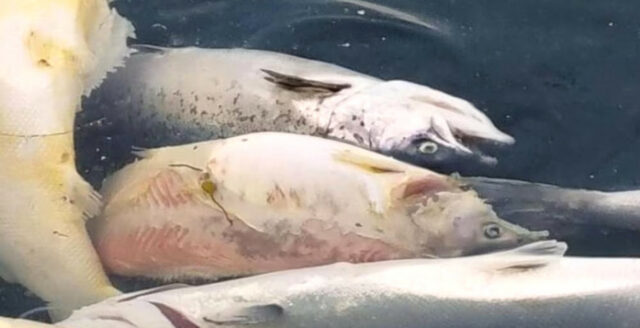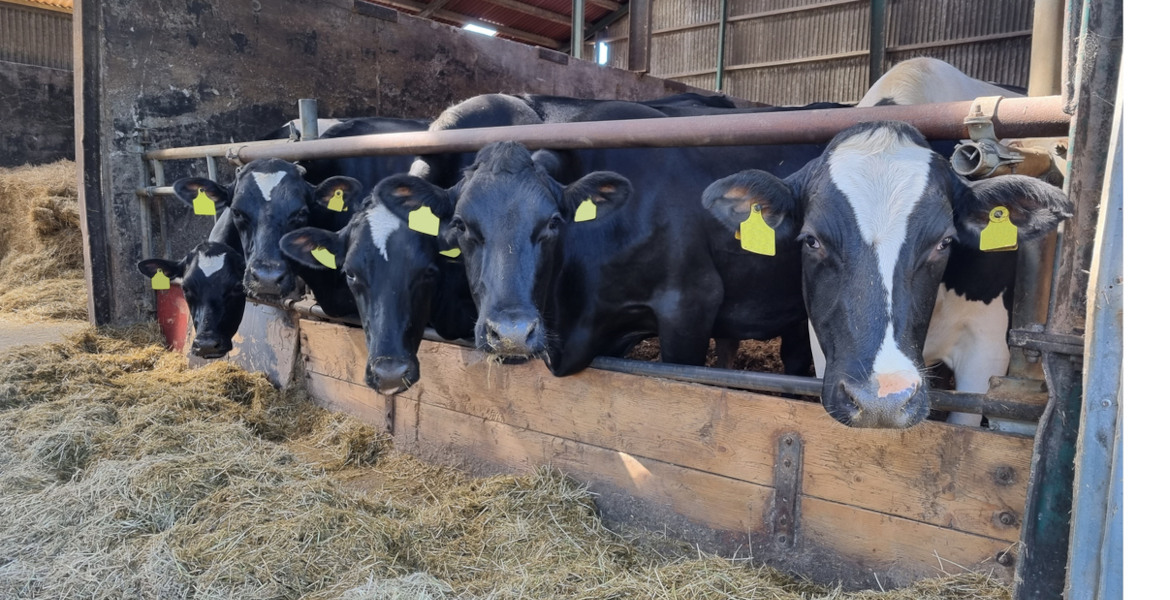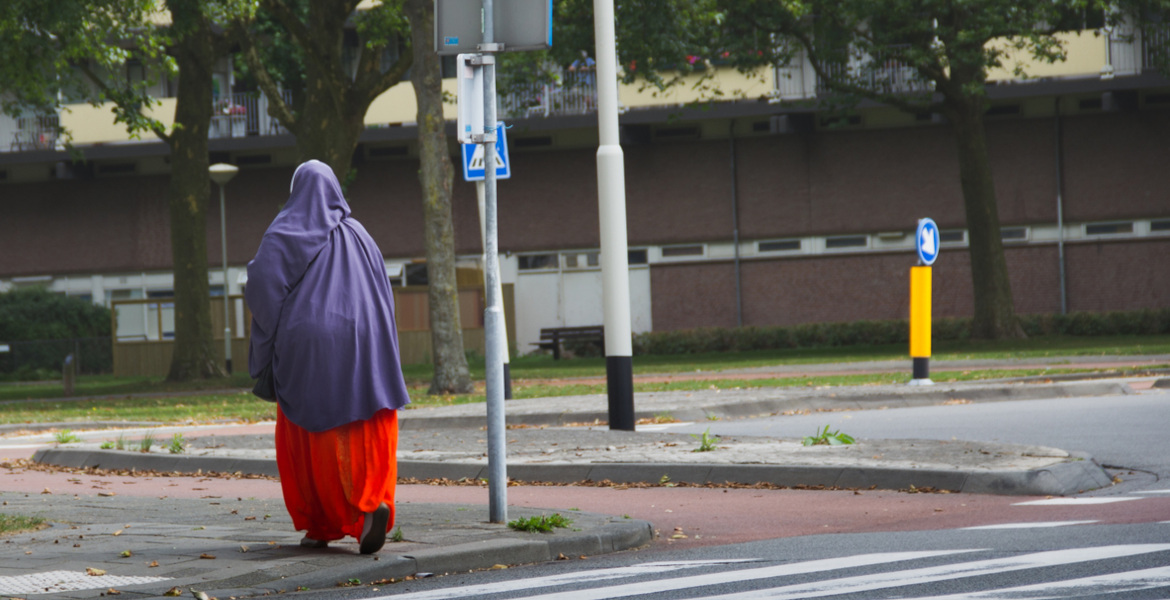Tens of thousands of salmon have been found dead at the bottom of several facilities of the aquaculture giant Lerøy, which is now being criticized for delays in reporting to the food safety authority. The dead fish are reported to have been carrying diseases and parasites.
The salmon farms are located in the sea area between Kristiansund and Hitra. The mass deaths are said to have occurred in the fall at several of the company’s facilities, according to the state channel NRK. Among other issues, they had problems with their gills, which affected the salmon’s breathing, as well as heart diseases and parasites.
The company Lerøy is one of Norway's largest salmon breeders, which is also one of the country’s leading exports, and fish deaths must be reported to the food safety authority since it can, among other things, pose a risk of infection to other fish. However, the company is reported not to have reported the deviations directly. Even in another case earlier in the fall, they are said to have waited nine days before contacting the authority when 11,000 salmon suddenly died.
– Such conditions must be reported without delay, says Steinar Westerberg at the Norwegian food safety authority to NRK. If there has been an increased mortality for a whole week without the food safety authority being informed, it is a breach of regulations.
The company's CEO, Bjarne Reinert, acknowledges that there has been a larger fish mortality at the facilities, but claims that there have been no discrepancies in the reporting.
– We feel that we have a good dialogue with the Norwegian food safety authority and we have not received any comments from the authority about our reporting, he says.
However, one of the reports from the salmon farming was categorized as "incomplete" due to a lack of information.
"Without knowing the number of dead fish, it is difficult to say anything about the extent of the incident", writes the press officer at the Norwegian food safety authority to NRK.

Dead salmon improperly sent for sale
Earlier in the fall, the food safety authority discovered that the company had attempted to send salmon that had already died for sale. In standard salmon farming operations, live fish are pumped onto boats, then euthanized on board before being processed for sale. In this instance, the company had pumped already deceased fish onto the boat, which they were in the process of distributing for sale as fresh salmon, as reported by NRK. The food safety authority immediately imposed a ban on slaughtering at the facility.
Lerøy contends that they never process already dead salmon for food production.
– We have not and will not process dead fish for human consumption, says Reinert.




